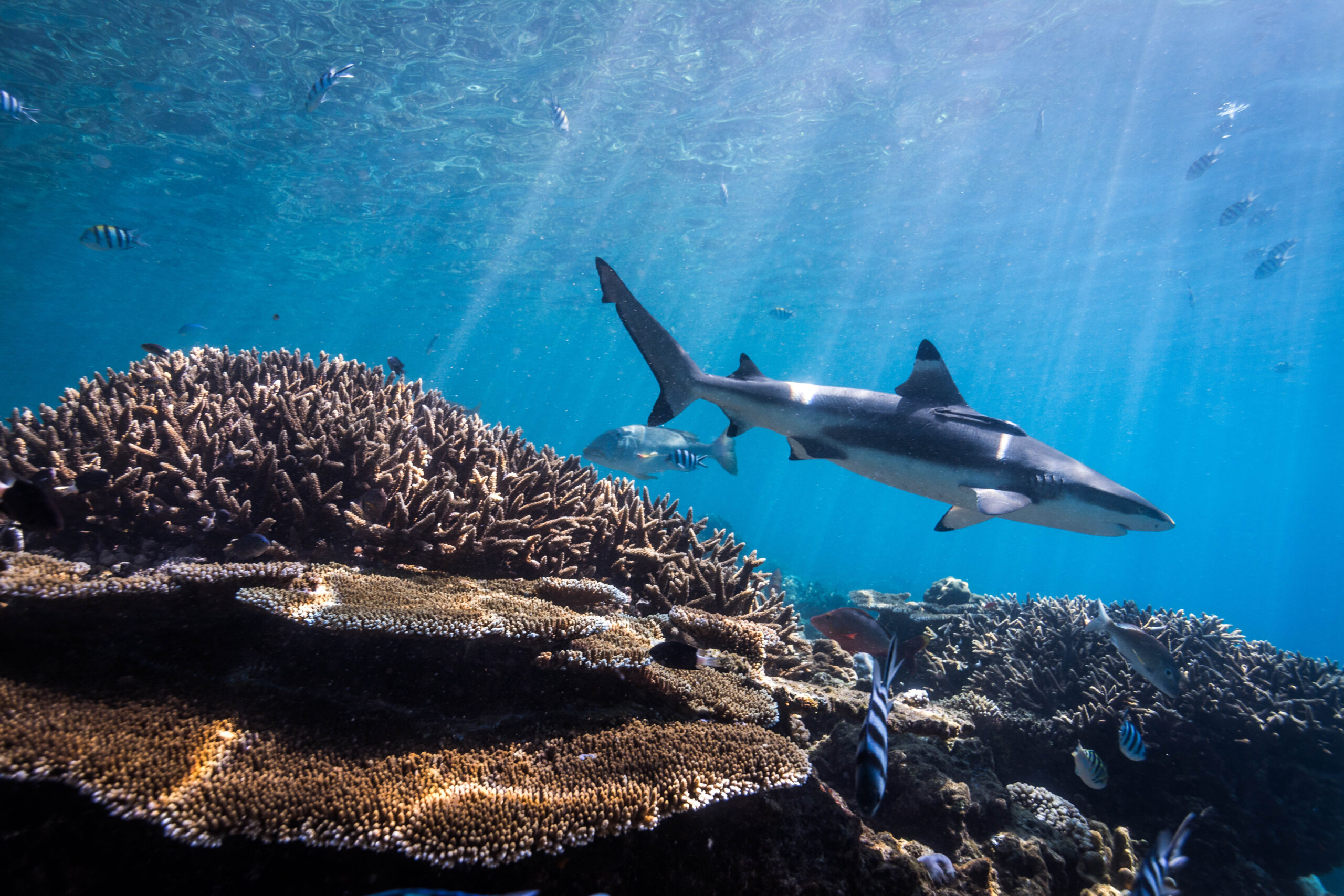This study looked at long-term data from fossil and modern coral reefs to test for variation among coral genera over time, both in rates and directions of change in abundance. Data was synthesized from seven extant reefs, creating 78 trajectories of changing coral cover by genus in the Caribbean and 153 trajectories in the Indo-Pacific. Fossil records from 70 localities from late Miocene to late Pleistocene were used to understand the temporal nature of changes affecting current coral reef communities. A model was developed to evaluate potential coral reef composition of the future under increased thermal stress predicted by climate change. The model suggested that coral mortality and adult coral growth were the most important ecological indicators of coral persistence; thermal tolerance became increasingly important when looking at severe climate change. Overall, corals most likely to persist in future climate scenarios are characterized by rapid growth and moderate mortality but changes in the genera of coral composition in the future are likely to occur.
Author: Edmunds, P.J., M. Adjeroud, M.L. Baskett, I.B. Baums, A.F. Budd, et al.
Year: 2014
View Full Article
PLoS ONE 9(10): e107525. doi: 10.1371/journal.pone.0107525


